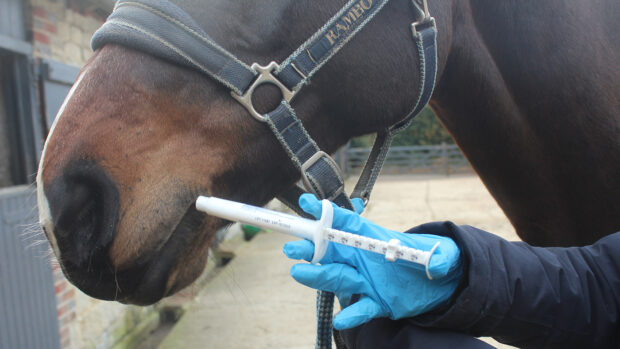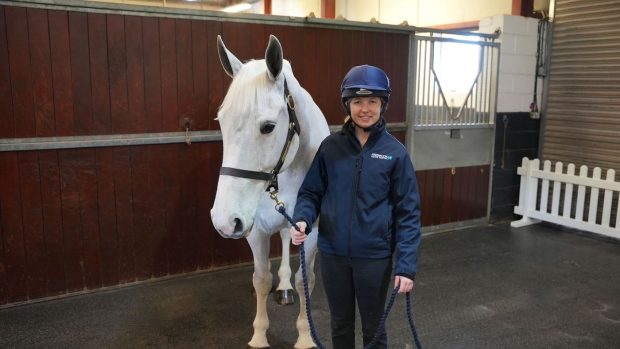“Routine testing, not routine worming” is the message industry experts are trying to put across after a recent study found that 81% of owners are not conducting frequent faecal egg counts (FECs).
Nearly 1,000 owners were questioned on their current worming procedure and knowledge by equestrian supplier Countrywide. The results showed worrying trends.
“The survey has brought out the disparities in current practice against best practice and how this is leading to the rise in resistance to wormers,” said Countrywide’s Sara Blackshaw.
Only 31% of owners said they conduct regular FEC tests while nearly 60% of owners said that they routinely worm — interval dosing at set times of the year.
In 2010 the British Veterinary Association (BVA) launched a campaign telling owners that, in order to slow resistance, all worming treatments should be based on veterinary diagnosis.
The owner of Westgate Laboratories, Gillian Booth, is concerned the results show that owners have still not updated “their worming practice to match the increase in resistance and improvement in testing technology”.
“Previous worming practices have led to the resistance problems we now have, so it is vital that there is change,” she said.
Countrywide’s Mark Hawkins added: “Without testing there is no way of knowing if a wormer is being effective. The implications of not worming if it is required, or ineffective worming, can be severe.”
Lack of knowledge
The research also found that a worrying number of owners do not know the accurate weight of the horse they are worming — nearly 40% of people questioned were unclear.
Director of BW Equine Vets, Chris Shepherd, said this figure was “very concerning” as “dosing plays a large role in the increase in resistance”.
“If you do need to treat, accurate dosing is essential. Under-dosing promotes resistance and is similar to giving the worms a vaccine allowing resistance to build up to that particular wormer,”
Mr Shepherd added.
Industry experts want owners to take an active role in preserving wormers that are currently effective.
European veterinary advisor at Norbrook Pharmaceuticals, Rebekah Dudek, warned: “If we continue to worm simply ‘as we always have’, there is a chance we will eventually be left with no efficacious wormers in our arsenal, meaning we would have to rely on management strategies as the only option to control worm burdens.”
Ref: Horse & Hound; 12 March 2015





